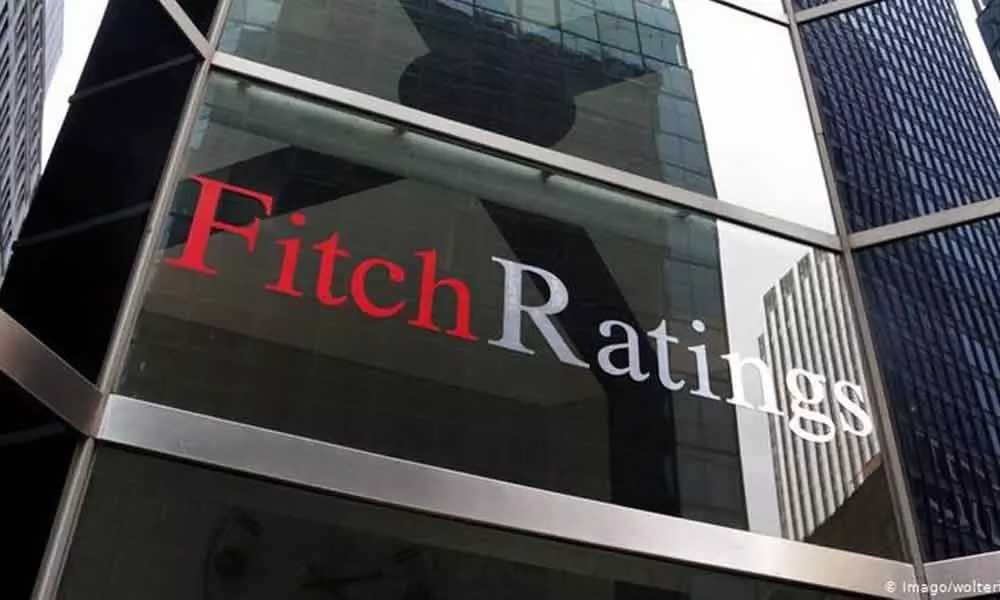Corporate tax cuts will derail fiscal maths in FY20: Fitch

Global rating agency says move may stimulate investments; to cut GDP growth forecast
New Delhi: Fitch Ratings on Thursday said the steep cut in tax paid by companies may stimulate investments and economic growth only in the medium term, but it will lead to breach fiscal targets in the current fiscal itself.
Finance Minister Nirmala Sitharaman on September 20 announced the lowering of the base corporate tax rate to 22 per cent from 30 per cent for companies that do not seek exemptions and reduced the rate for some new manufacturing companies to 15 per cent from 25 per cent.
Including surcharges and cesses (levies to raise funds for specific purposes), the effective corporate tax rate will drop by nearly 10 percentage points to 25.2 per cent.
"India's corporate tax cuts support efforts to stimulate investment and GDP growth in the medium term but will cause the fiscal deficit to widen in the near term.
As such, slippage from previous government fiscal targets this year (FY19-20) is now very likely," Fitch said.
Sitharaman had in her maiden budget, presented on July 5, targeted a fiscal deficit of 3.3 per cent of the GDP.
The corporate tax cut follows other measures by the government to prop up slowing GDP growth adopted since the May general elections.
These include efforts to reduce red tape and boost FDI and plans to consolidate the state-owned banks.
"We would characterise these and the latest tax cuts as structural reforms to improve competitiveness and efficiency (for example, by reducing the use of tax exemptions) rather than as cyclical stimulus measures.
As such, they may succeed in stimulating investment, although a positive growth impact is only likely over the medium-term, the agency said.
Fitch said a positive impact on FDI would be more likely if the tax cuts were accompanied by further measures to improve India's business environment.
"In particular, corporate tax rates are likely to be only one in a list of factors determining investment decisions, along with the legal environment, labour market regulations, infrastructure development and enhancements to the overall business climate," it said.
Faltering domestic demand, a weak global trade environment, asset-quality challenges at banks and funding pressure on non-banking finance companies have contributed to economic slowdown.
GDP growth slowed for a fifth consecutive quarter in April-June to 5 per cent, the slowest pace in six years.
The contribution of private consumption fell to 1.8 percentage points (PP) from an average of 4.6 pp in the preceding four quarters, while manufacturing grew by just 0.6 pp year-on-year.
Fitch said it will later this month release its revised growth estimate for 2019-20 fiscal year for India which "will be significantly lower than the 6.6 per cent" forecast in June.
"The policy measures taken will likely support a gradual recovery in FY20-21 and FY21-22," it added.
In contrast to the growth impact of tax cuts, the fiscal impact will be felt in this fiscal year, it said, adding the corporate tax reduction will cost around 0.7 per cent of GDP in lower revenue - about two-thirds to the central government and one-third for state governments.
Revenues this year are already behind target although the record annual transfer of $24.8 billion from the Reserve Bank of India, announced in August, should largely fill this gap.











